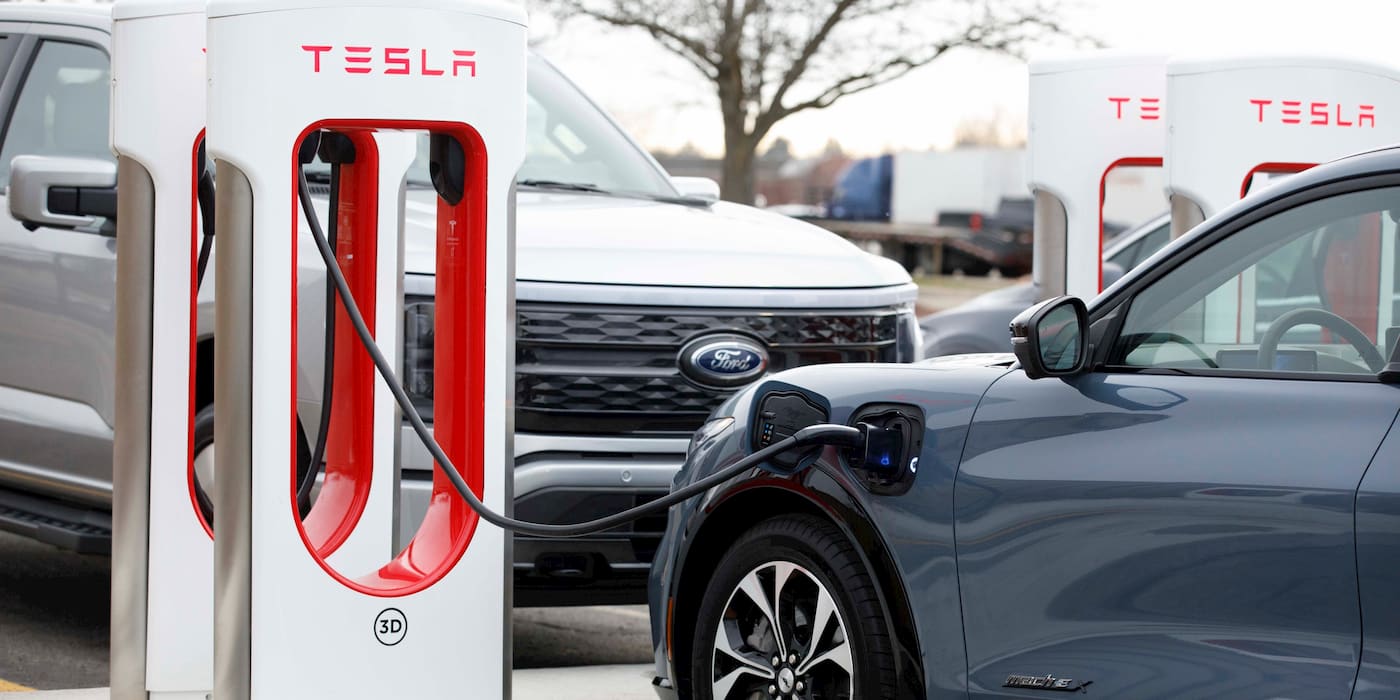
Ford is betting on smaller electric cars as the future. Its “Skunkworks ” team is not so small, and now that the cat is out of the bag, we are learning more about Ford’s new affordable platform. Ford CEO Jim Farley compared its new low-cost EV platform to Rivian and Tesla. However, Farley suggested Ford’s could be even better and cheaper.
Farley revealed the Skunkworks team was developing a low-cost EV platform for its next-gen EVs in February on a media call with investors.
Although it was a small group, Farley promised it included “some of the best EV engineers in the world.” The team is led by Alan Clarke, known for his work with Tesla’s Model Y.
Over the past several months, Ford has added about 50 ex-Rivian employees, over 20 from Tesla, another 20 from Lucid, and several from Apple. Ford has also hired talent from eVTOL leaders like Archer Aviation, Joby, and Hyundai’s Supernal.
Farley explained earlier this year that the team is “engineering a completely different approach, a different product at a different cost with a much smaller battery and different chemistry.”
Ford has already said the platform will support several different types of vehicles. On Ford’s Q2 earnings call this week, Farley gave us more insights on what to expect.
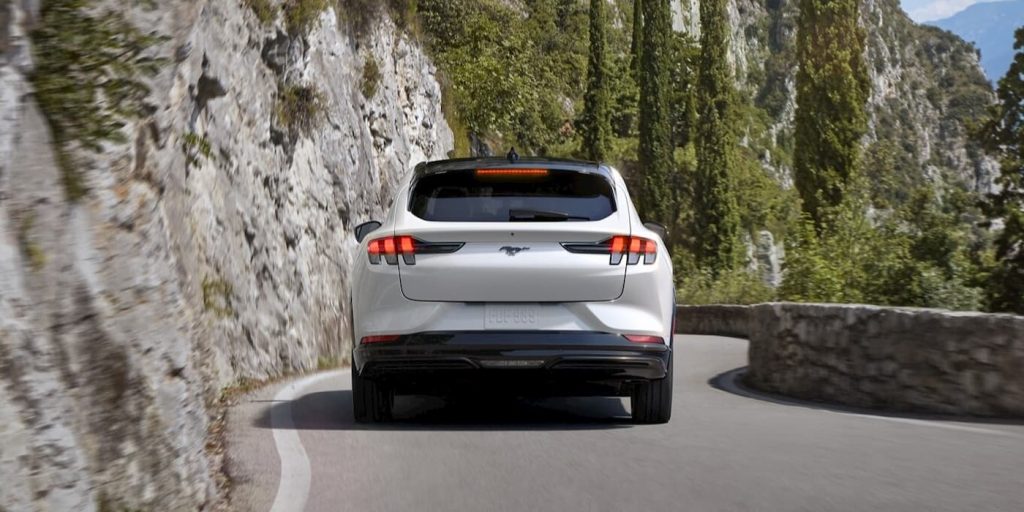
Ford says its low-cost EV platform is like Rivian, Tesla
Although the “EV journey has been humbling,” Farley said he’s happy the company started 2.5 years ago because it will use what it learned over that time to improve its next-gen EVs.
Ford, alongside Rivian and Tesla, are “the only OEMs outside of China controlling software across all the vehicle domain,” Farley said Wednesday.
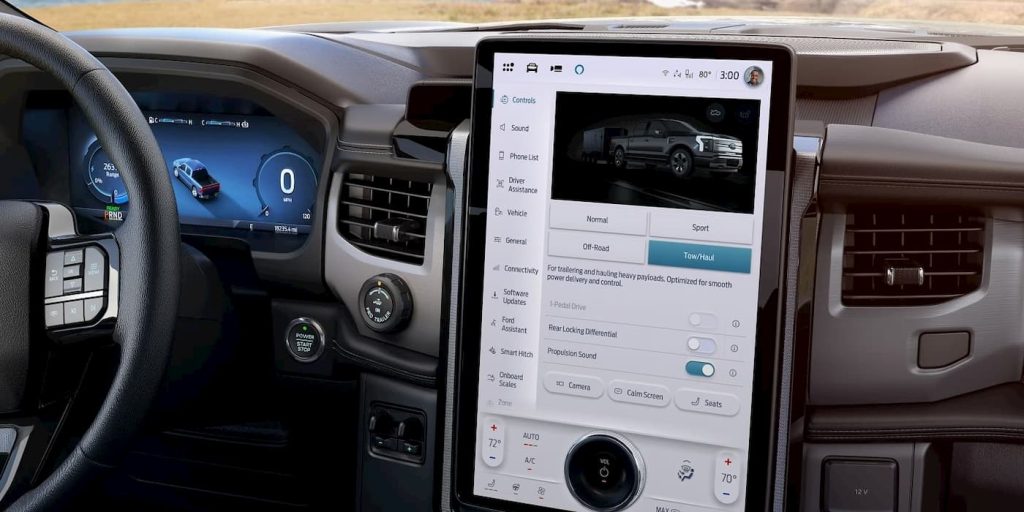
Although most are doing OTAs on vehicle entertainment, Farley explained, Ford “now has multiyear experience on updating powertrains, breaking the fundamental performance of the vehicle connectivity.”
Ford’s leader added that with a wide-reaching portfolio, including F-150 and Pro, “the customer use case is clearly much more complicated than Rivian and Tesla.”
Farley believes Ford is ahead of Rivian, Tesla, and many other OEMs “because we have more complicated platforms.” And because of that, Ford has more scale.
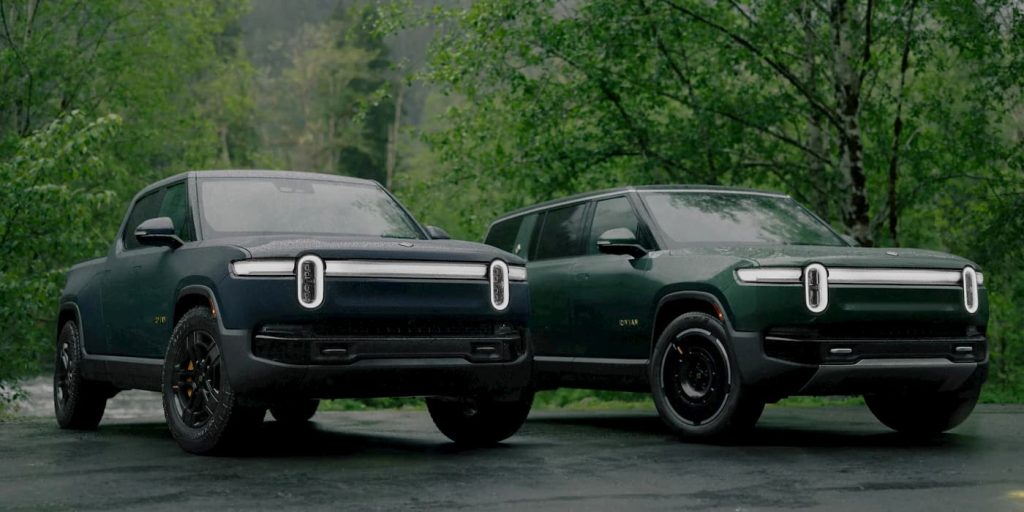
“They have really designed breakthrough EV components with our own design that we think are better and cheaper,” Farley explained.
Ford’s BlueCruise has over 415,000 vehicles on the road enabled with hands-free driving tech. That’s up 25% from the first quarter.
Matching Tesla and Chinese OEMs on affordability
However, Farley explained, “The second success factor is matching the cost of the Chinese OEMs and Tesla, especially on affordable EVs.” Farley said Ford is designing a “super efficient platform leveraging innovation across our product development, supply chain and manufacturing teams.”
Ford will focus on two segments: work and adventure. Smaller, more affordable vehicles use fewer battery materials, reducing costs and improving margins.
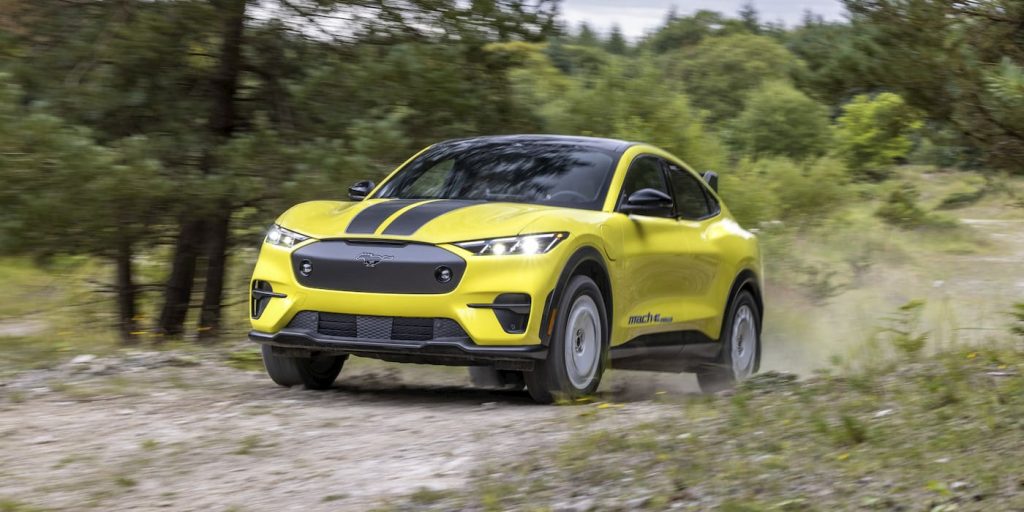
Farley said this is already “supercharging the lower cost of ownership that EVs have already worked out.”
Ford will leverage the platform “across many top hats,” as Farley described. This will drive scale while also growing its software business.
With its vehicles increasingly becoming “general-purpose computers,” Ford is creating “powerful, connected, ever-improving customized experiences.”
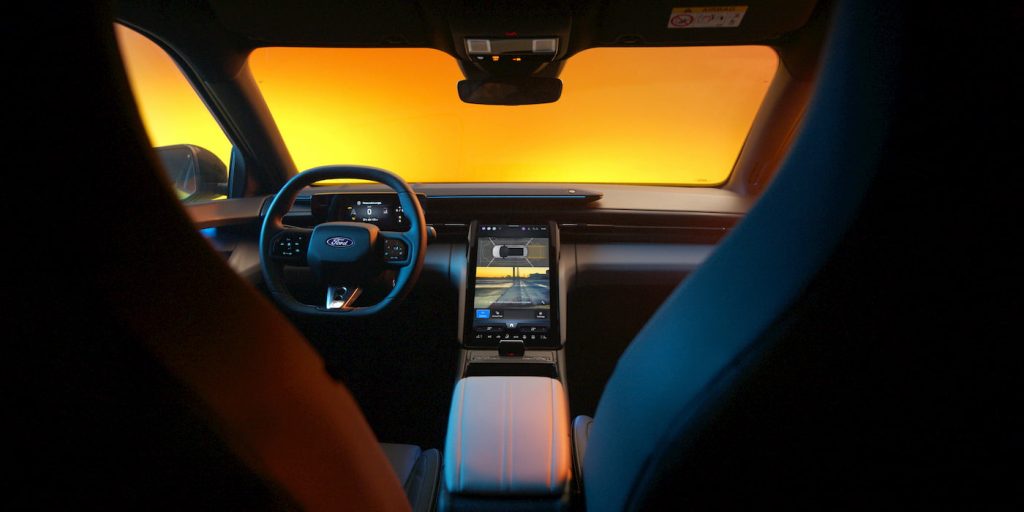
Without China’s help?
When Morgan Stanley analyst Adam Jones asked if Ford could bring a low-cost EV to market profitability without help from China, Farley said Ford made a bet on CATL many years ago.
Ford will localize LFP battery cells in Michigan with CATL’s help. Farley explained Volkswagen’s move to use XPeng’s platform “is not our strategy.” Ford’s CEO said its partnership strategy “will be on the component side going deep into the supply chain for IP.”
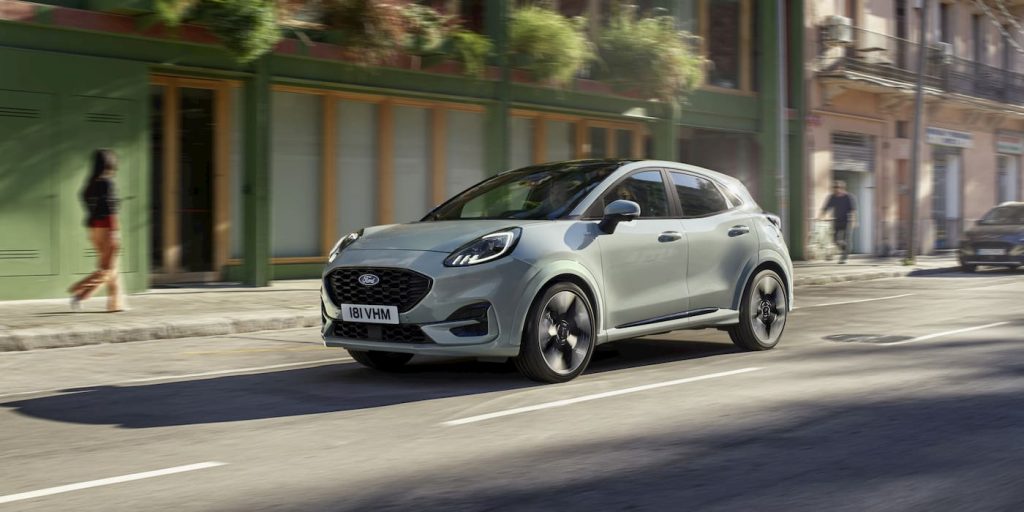
Farley added, “The true fitness test for EV profitability will be these small vehicles.” He believes “many of our competitors will turn to their Chinese either independent companies or partners to basically use their platform globally.”
The comments come after Ford’s Model e EV business lost another $1.1 billion in the second quarter. Ford has lost $2.5 billion on its EVs through the first half of 2024. The automaker is betting on its new low-cost EV platform to turn things around.
